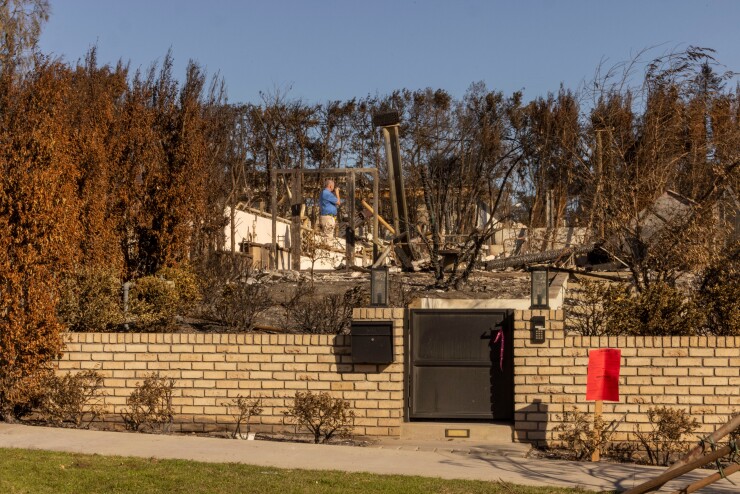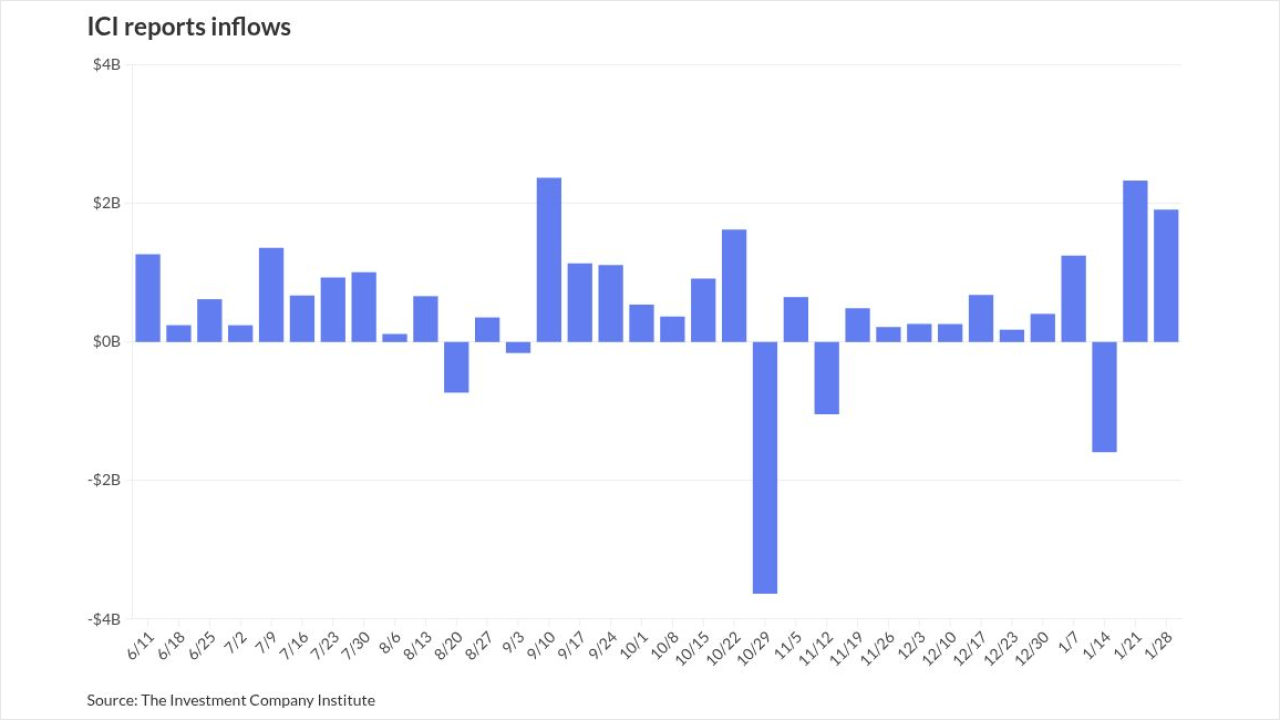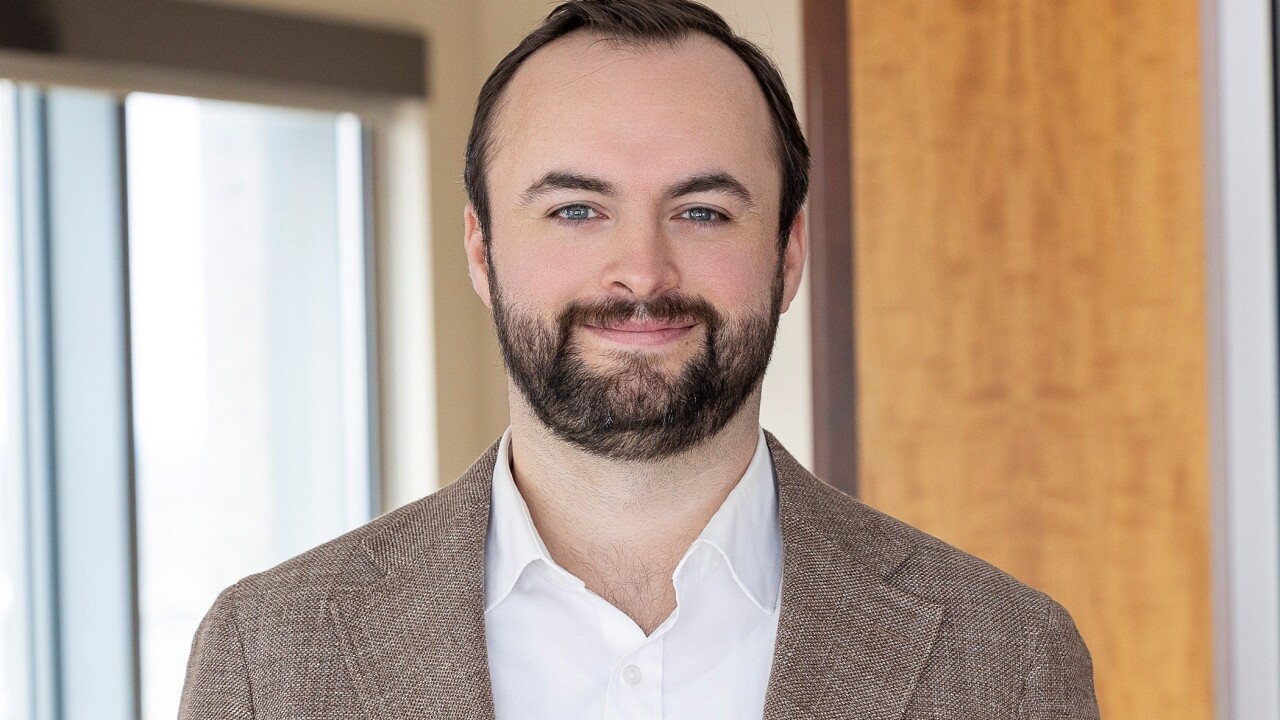
The multi-billion-dollar California wildfire fund created to help investor-owned utilities deal with damages could be depleted by claims from the Eaton fire if Southern California Edison is found liable, according to officials who administer the fund.
The seven-member state Catastrophe Response Council, which oversees the fund, spent several hours in a Thursday afternoon meeting hearing from administrative staff about the threat to the fund and possible solutions.
The draft annual
The seed money for the
"The purpose was fundamentally to protect ratepayers from the volatility that can come through pass-through costs of catastrophic wildfires that are ignited by utilities," said Tom Welsh, chief executive officer of the California Earthquake Authority, which administers the fund.
In January, the Eaton and Pacific Palisades fires, on the region's east and west sides, burned more than 58 square miles, destroying more than 16,000 structures and killing 29 people, according to the California Department of Forestry and Fire Protection.
But the threat to the fund only comes from the Eaton fire, because investor-owned SoCal Edison provides power to the communities on the county's east side.
The Los Angeles Department of Water and Power, which provides power to the city's west side, is being
But LADWP wouldn't be able to tap the fund, because it's a municipal utility and wasn't included in the legislation.
The state's three largest investor-owned utilities companies, Pacific Gas & Electric, San Diego Gas & Electric and SoCal Edison are the only ones that opted to participate in the fund.
So far, Edison has not been found liable in the Eaton fire, but an inactive power line near the start of that fire is considered a potential source, according to a
The fund was created in the aftermath of the 2018 Camp Fire, which
In addition to contributing to the fund, partly through a surcharge on ratepayers, the investor-owned utilities also have to submit annual reports on fire prevention measures they are taking to prevent equipment from sparking fires.
The fund currently has $12 billion, but the claim capacity is about $22 billion, Welsh said.
Since its inception it has reimbursed PG&E for $925 million of the $1.92 billion it paid out on the 2021 Dixie fire and it's estimated the fund's exposure on the Kincaid Fire will be $275 million of the $1.275 billion PG&E expects to pay out, he said. The fund doesn't cover the first $1 billion of exposure, Welsh said.
Insured property losses from the Eaton fire could range from $8 billion to $13 billion, according to a Milliman and Moody's consultant, who spoke at the meeting.
But those numbers could also grow by 20% to 25% if infrastructure and uninsured homes are included in the totals, said Dr. Patzi Uriz, a Moody's director and U.S. wildfire modeling lead.
"There is a lot of uncertainty [on the estimates] because we don't have updated information from CalFire since February," Uriz said.





